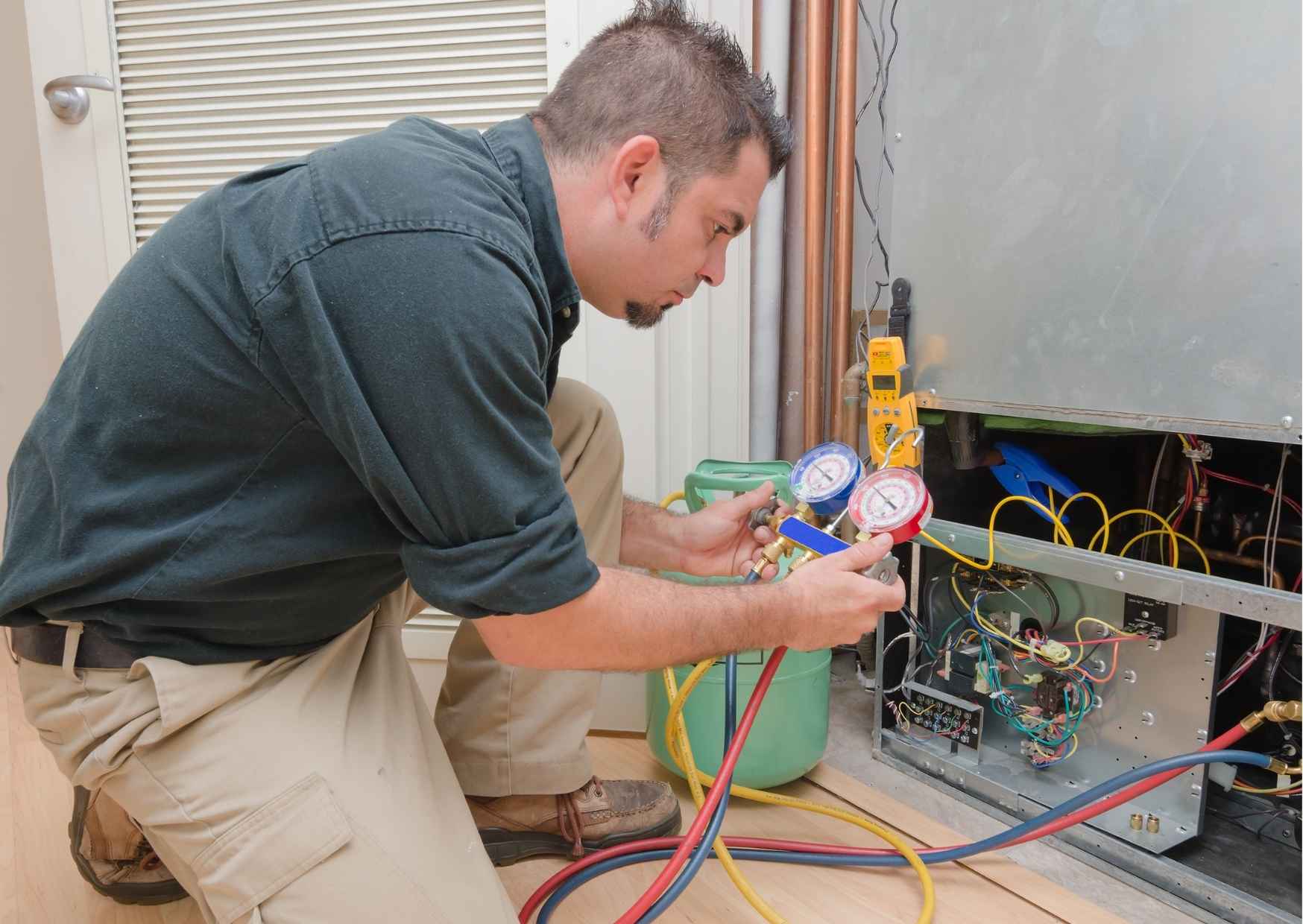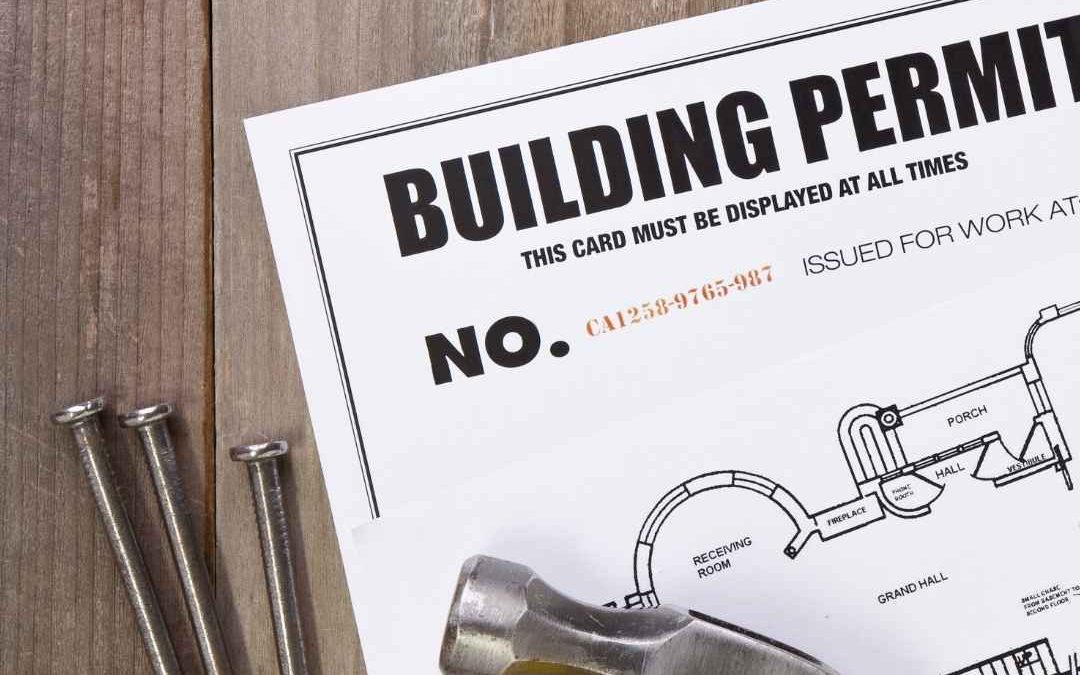The Deal with Building Permits

As you can probably imagine, changing electrical wiring, installing new HVAC, or fixing plumbing problems can be very expensive! If you are a homeowner and/or a landlord, you may want to save money on renovations by taking on these tasks yourself. But is it legal? What does the phrase “pull a permit” mean? Do you even need a permit at all? And where do you go to get one? The deal with building permits is simple, but you need to know where you stand.
The legalities of certain types of rehabs
Building permits exist so that cities can make sure building safety codes are being followed. For certain major renovation projects, you are legally required to have a building permit from your local municipality. These projects include things like HVAC system overhauls, electrical wiring installation, plumbing issues, and much more.
Building permits are not free, and applying for them can be time consuming. The types of permits you need, and the way they are priced, varies from state to state. They are normally charged at a flat rate or at a percentage of the cost of the renovation. Either way, dealing with building permits can be expensive. But it’s worth it!
The logistics of “pulling a permit”
The phrase “pull a permit” is simply contractor jargon for filing for a permit. In most cases, pulling a permit will involve filling in an application form and submitting your project plan. The plan should lay out the work you need done, the cost, the timeline you anticipate, and also include any contractors you are working with (if any!).
Normally, if you are working with builders, they will be able to file all of this for you. However, if you’re doing it yourself, you may need to pay a licensed builder or electrician to inspect your work so that they can sign off on the permit for you. If you go this route, you will need to make sure to keep on top of these inspections and any liabilities incurred. You will very rarely be given a permit without at least some input from a licensed professional—unless, of course, you are one yourself!
Be aware that the applications are very technically heavy, so don’t be afraid to call your permit office with questions. They are happy to help, as building permits generate revenue for the city. Delays sometimes occur if the building department wants more information about your application. They may want to check that you are competent at the work you plan to do, or see if you have someone licensed who is overseeing it. However, normally, after you’ve appealed with a solid application, it only takes two to four weeks to receive approval.

What happens if you do the work without a permit?
Permits exist as a safety precaution for you or for your tenants. If you are installing your own electrical wiring and you aren’t actually qualified, you could be putting yourself or your renters at risk of injury. But there are also several financial reasons why pulling a permit is a necessary step. Especially if you want to be successful at making a profit later on. Don’t cut corners! It’s not worth it.
If you are planning on selling or refinancing your home, lenders and title agents may ask about permits as part of the loan application and title search. Beyond that, you are obligated to notify any new potential buyers that your work was done without going through the proper channels. This information could devalue your property and make it much harder to sell. Even if you don’t tell interested buyers, they will most likely have an inspection done. This would certainly uncover the fact that you didn’t get a permit for the work you did.
If you don’t want to deal with the proper building permits, you could be risking voiding your insurance. Insurers won’t take responsibility if your illegally installed plumbing breaks and causes massive leaks throughout the house. Banks can also turn down loan applications if they find out you renovated without the right paperwork and safety checks.
We can help advise
The fact is, it’s just not worth putting your property at risk by not following the legal requirements. There is too much that can go wrong. Just pull the permit. It will make renovating so much easier.
If you have any questions or want to know more about the deal with building permits, don’t hesitate to get in touch.
